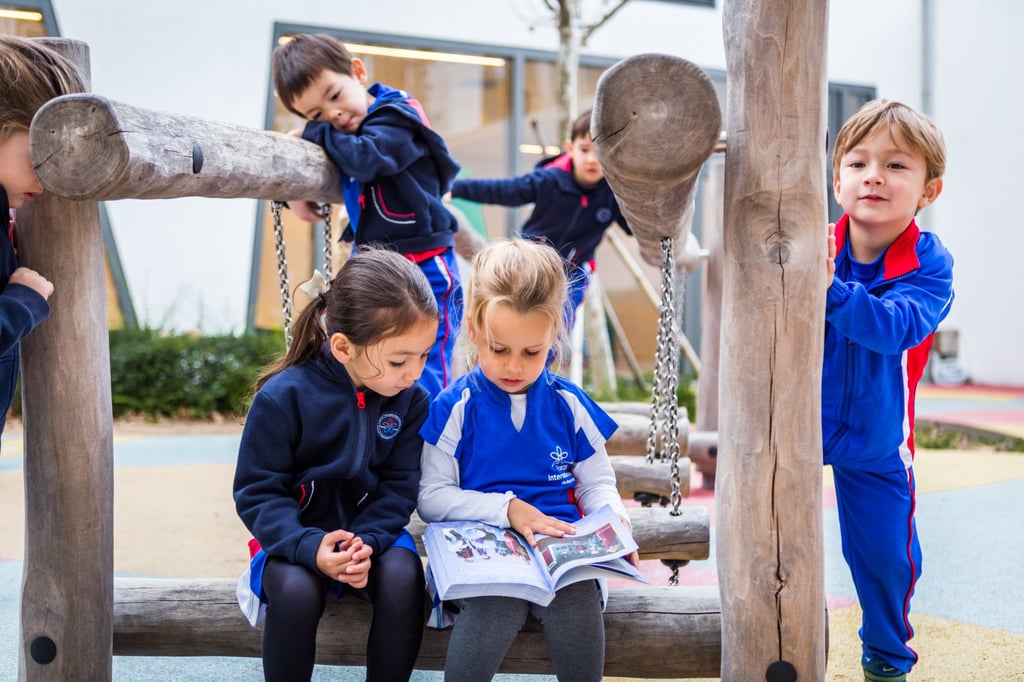Hong Kong international schools stress benefits to multilingualism – beyond educational and personal gains, even students’ family lives can be enhanced by improved language skills
- Studying in a school that teaches in two or more languages can improve all-round attainments and often has a lifelong impact so it’s no surprise the practise is spreading around the world
- Educators at the city’s German Swiss International School, French International School and Singapore International School all stress the benefits of their bilingual syllabuses

In an international city like Hong Kong, few parents would argue against the idea of their children getting a bilingual education. Aside from the simple fact of being able to communicate in different languages, studies have also shown there are wider benefits developmentally and academically.
For these reasons, it is not surprising that bilingual and multilingual education is becoming increasingly popular around the world. While there are no comprehensive databases or a registry of such schools globally, anecdotally there seems to be a rise in the number of schools adopting such approaches.

The number of bilingual schools has been steadily on the rise in the past decade in the US, with some estimates suggesting that there are now over 2,000 dual-language programmes in the country. In Canada, bilingual education is mandated in provinces such as New Brunswick where students are required to take classes in both English and French. And within the European Union, multilingualism has been a key policy goal with the aim that all its citizens can communicate in at least two other languages in addition to their mother tongue.
In Hong Kong, it is hardly surprising that most international schools promote bilingualism or multilingualism in one way or another. And they see many benefits for their students.
“In an increasingly globalised world, it is evident that speaking more than one language is beneficial for a child,” said Grit Cichon, deputy principal and head of German international stream at the German Swiss International School (GSIS).
•“A bilingual education helps improve cognitive ability, social interaction and communication skills. Additional benefits include enhanced memory, creative thinking, problem solving, economic opportunities, academic performance and cross-cultural appreciation.”
